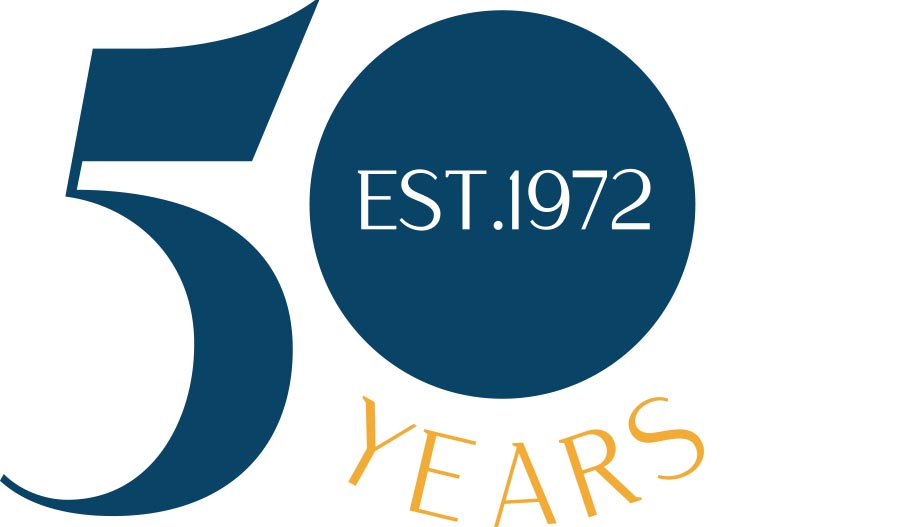So, you have just signed your will and powers of attorneys – now what should you do? You have already done the hard work of deciding what you want to do with your estate and finalizing the documents, but there are still some tasks for you tackle.
Storage
You now either have your original will or a copy of your will (many lawyers store the original will onsite on behalf of the client). You may also have your original powers of attorney. Whether or not you have original documents or copies, you should be sure to store it somewhere safe, but not too safe. It should be kept somewhere it will not get damaged or lost, but when it comes time to use the documents, your executor or power of attorney will need to have quick access to them. Storing them in a bank safety deposit box is a bad idea because the bank will often not allow someone who is not the account holder to open the box if they do not have the documents (ie. the will/power of attorney which are locked inside the box). If the documents are kept in a safe at home, you should ensure that the necessary individuals have the ability to open the safe.
Talk With Your Loved Ones
If you have not already discussed your plans with your loved ones, you should consider doing so now. You may not feel comfortable discussing the details of your estate plan, but at the very least, it is helpful to touch base with the person(s) you have named as your executor/trustee, attorney(s) for property and personal care and, if applicable, guardian of your minor children. They should know if you have appointed them for a particular role and where they should look for your important documents. It is also helpful for your loved ones to know that you have made a will and which lawyer you retained to prepare it so that they have an idea of who to contact when you pass away.
List your Assets
Keep an up-to-date list of your assets and liabilities along with your estate planning documents. This will be very helpful for your executor and/or attorney for property who may not know where to find this kind of information: bank accounts, insurance policies, debts, prior tax returns and notices of assessment, purchase documentation for any real property you may own etc. You will want to update this list on a regular basis as you dispose of and acquire new property, which brings us to…
Future Acquisitions and Beneficiary Designations
When you meet with a lawyer to prepare your will they will ask you questions and provide you with legal advice based on your finances at the time. After you leave the lawyer’s office, you might acquire new assets or change your assets in ways that would affect your estate plan.
- Example #1: you made your estate plan based on the premise that you alone were the owner of an asset (ie. a piece of real property or an investment portfolio) but later on you decide to own that asset jointly with another person.
- Example #2: you decided to transfer all of your accounts to a new financial institution or you decide to open up a new RRSP/RRIF or TFSA account and in doing so you are asked by the financial institution if you want to designate any beneficiaries on the new accounts.
In both of these examples, the assets in question would pass outside of your estate directly to the joint owner or the designated beneficiary which means that the assets that are governed by your will could now be different (and worth less) than was originally anticipated. This could affect whether your estate is able to pay out certain gifts in your will and could affect the balance between different beneficiaries. If you find yourself in this kind of a situation, you should review your will to ensure that it still adequately addresses your new financial situation. This thought brings us to our last piece of advice…
Review Every 5-10 Years
Since we cannot know what the future holds, we can only plan for your present situation when preparing a will. A lot can change in 5-10 years: a change to your family, marital status, assets, career and location can all affect your estate plan. It only takes a few minutes to pull your will and powers of attorney out and review them, but it may save your loved ones a lot of difficulty if they are faced with an out-of-date estate plan upon your death.




